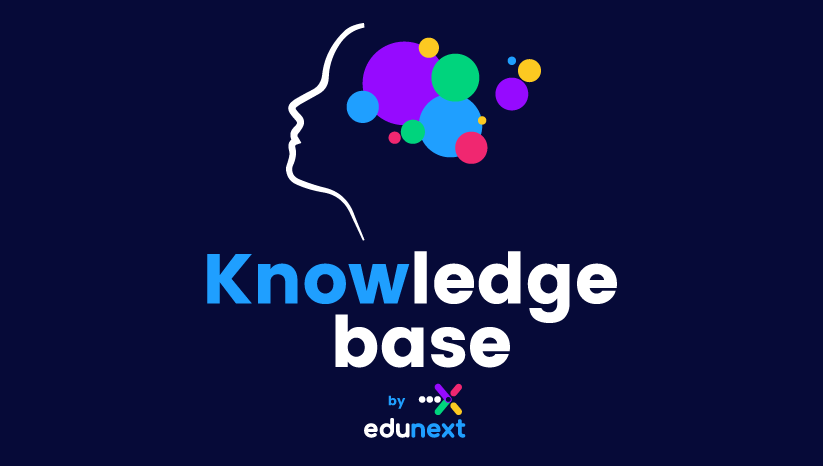What is an XBlock?
What is an XBlock?#
The XBlock is the Open edX component architecture that allows courses to be built through the use of customizable components, thus enabling course creators to have more flexibility when using the Open edX platform to make courses more engaging.
These “XBlocks” include components like the video player or compound components like learning sequences. We gather information about XBlocks developed by the community that facilitate collaboration in online learning environment, and help you to implmenent them into your courses.
When creating content for an Open edX course, course creators might need to use advanced tools to create unique, rich, and engaging courses. The Open edX platform comes with many free XBlock tools developed by Open edX, known as Native XBlocks, which makes Open edX a powerful tool for those in the online learning space.
There are basic XBlock components, advanced components, and third-party components. Basic XBlock components include Open Response Assessment, Google Drive, Peer Instruction Tool, Free Text Response and more (See Open edX Native XBlock Directory.
The Advanced XBlock components are for specific requirements that cannot be fulfilled by the basic components. As an active member of the Open edX community, eduNEXT along with many developers and organizations, continue to support, develop, and implement XBlocks for the community. Through our joint efforts, we have created advanced XBlock tools that empower course creators to incorporate interactive content. These components allows your students to assess peers, upload files, use coding, insert different technologies in components, embed documents from different sources, etc. Advanced components may be provided by Open edX, an Open edX partner, or by third-party developers.
Third-party tools that integrate via XBlocks include Annoto, Google Docs, Problem Builder, SchooolYourself, SCORM, Step Builder, etc. (See Open edX Third Party XBlock Directory. Some third-party XBlock tools may not be free.
The following XBlock implementation guides will show you how to add components to your course.
